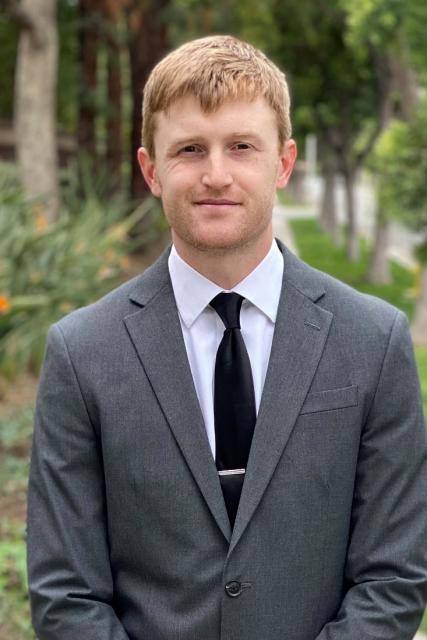Abstract: Polymers have become a ubiquitous part of our lives, filling diverse applications ranging from aerospace to children’s toys. With over three hundred million tons of plastics being produced annually, it is crucial to increase their usable lifespan and reduce their relegation to waste. As such, it is necessary to move away from traditional commodity polymers and steer towards new structural designs that resist deterioration and failure. For wider adoption, these new structural designs should be thermally stable, resistant to additives, and resist/repair damage. The incorporation of Dynamic Covalent Chemistries into the backbone of polymers offer an attractive route towards our dream of limitless recyclability. Dynamic covalent bonds allow for the shuffling of crosslink points between disparate polymer backbones, allowing for benefits such as self-healing, moldability, and malleability within static materials. The incorporation of dynamic covalent chemistries provides a platform for the next generation of green materials by imparting recyclability in traditionally un-recyclable materials.
In this dissertation, I will present my initial work towards developing a robust self-healing polymer by incorporating both dynamic covalent chemistry and supramolecular interactions via sterically hindered thiourea linkages. These findings led to the generation of both high molecular weight polymers and efficient self-healing at ambient temperatures. Additionally, I report our discovery of a new silyl ether metathesis reaction and its application in vitrimer design. The incorporation of silyl ether crosslinks led to enhanced mechanical properties and significant creep resistance over unmodified polymers. Our silyl ether-based vitrimer represents the most thermally stable vitrimer reported to date, owing to the high thermal and oxidative stability of the Si-O bond. This work silyl ethers will be extended into the area of siloxane exchange by using new fluoride catalysts for the selective metathesis of siloxane linkages. The field of vitrimers has largely focused on niche polymers with little attention into the expansion of vitrimer chemistry into commodity plastics. Here, I work on developing industrially relevant methods for preparing vitrimers from commodity polymers. In conclusion, I will show my work towards the development of a generalized polymer compatibilizer using Diels-Alder chemistry. This compatibilizer uses thermally reversible mechanical interlocks to stabilize the phase separation of immiscible polymer blends. If successful, this work would provide both a new recycling method and a technique to produce novel polymer blends.
Speaker:
Institution:
Location:

